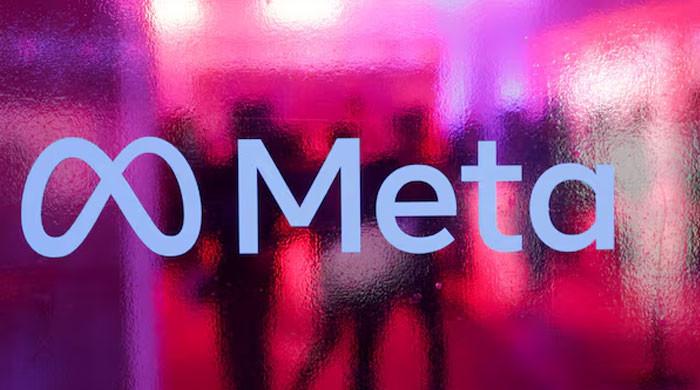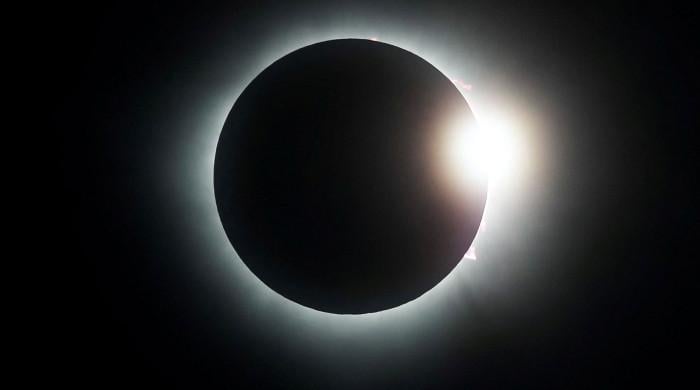Total solar eclipse 2024: Ancient myths associated with rare celestial phenomena
From deities to Dragons: Tracing Ancient explanations for solar eclipses
April 08, 2024

On April 8th, 2024, a total solar eclipse will run across certain states in the US and will give those who watch an engaging display of celestial creations.
From its early beginnings, the Sun was deified by many cultures and seen as the most important object in the universe responsible for life and existence.
This is evident in the concept of the Egyptian Amun-Ra which the Greeks worshipped as Helios. In many temples, the priests were known to wear protective eyewear made of animal skins or eyeglasses.
The worshippers attributed this carefulness to the sun god’s anger at people who looked directly at the sun. Therefore, this universal feature of temporarily dimming the sun, which in some cultures symbolised the defeat of this deity, spawned mythologies that imagined vicious animals ravaging the sun.
Rituals of creating astounding loud sounds were practised to protect from this perceived danger. As a case in point, some cultures which include branches of Hinduism, created intricate stories of gods and heavenly beings including the journey of Rahu towards pursuing the sun and moon.
Emerging with a lot of mythical explanations about the origin of eclipses ancient people nevertheless were aware of the scientific concepts about eclipses possession.
For instance, Chinese, Egyptian and Babylonian astronomers of the past knew the purpose of a solar eclipse and could predict their occurrence with some precision.
Although modern astronomy proffered exhaustive explanations of eclipses and showed predictable possibilities, the myths associated with eclipses continued to exist demonstrating the complexity of the relationship between scientific knowledge and human traditions.











